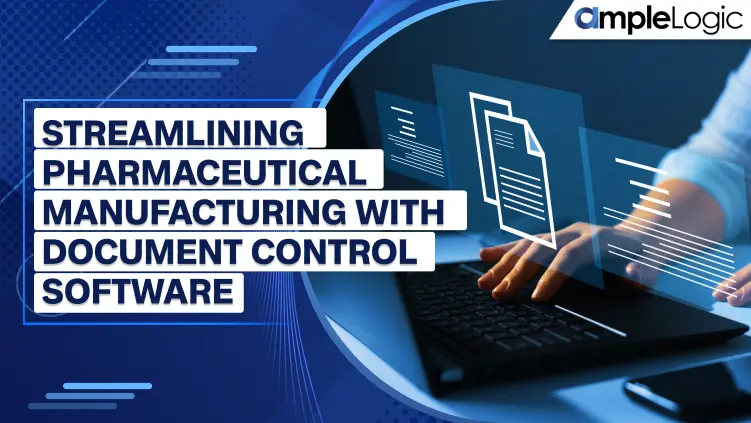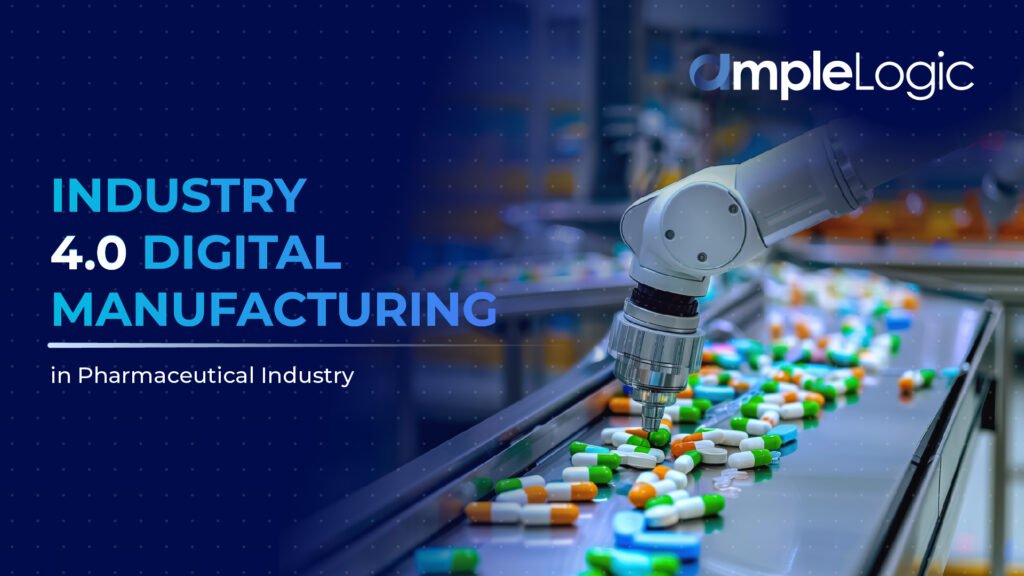
Maintaining strict quality standards, efficient processes, and compliance with regulatory requirements is paramount in the highly regulated and complex pharmaceutical industry. Document management plays a pivotal role in ensuring that manufacturing processes are well-documented, consistent, and adhere to regulations such as Good Manufacturing Practices (GMP) and the Food and Drug Administration (FDA) guidelines. To achieve these goals, pharmaceutical companies increasingly use document management software solutions.
Document Control Challenges in Pharma Manufacturing
Pharmaceutical manufacturing involves many processes, from research and development to production, testing, and distribution. With numerous stages and departments involved, managing documents manually can become overwhelming and error-prone. Some of the challenges faced include:
- Version Control:In a dynamic manufacturing environment, documents such as Standard Operating Procedures (SOPs), batch records, and work instructions are frequently updated. Keeping track of the latest version and ensuring all relevant stakeholders can access it can be challenging.
- Compliance and Audits:Regulatory bodies demand pharmaceutical companies to maintain accurate and up-to-date documentation to ensure product quality and patient safety. Preparing for audits and inspections can be time-consuming and stressful without proper document management.
- Collaboration:Collaboration among various departments and teams is essential in the pharmaceutical industry. Ensuring that the right people can access the right documents while maintaining control over editing and changes becomes tedious and confusing without an efficient system.
- Traceability:Tracking changes made to a document is vital for accountability and meeting regulatory requirements. Manually tracking modifications can lead to errors and inefficiencies.
- Security:Protecting sensitive information and maintaining data integrity are paramount. Unauthorized access to critical documents can have serious consequences.
Benefits of Document Control Software
Document management software (DMS) designed for pharmaceutical manufacturing addresses these challenges and offers numerous advantages:
- Version Control:Automated document control software ensures that only the latest version of a document is accessible. It eliminates confusion caused by outdated documents and prevents the use of incorrect procedures.
- Centralized Repository:All documents are stored in a centralized digital repository, accessible to authorized personnel from different locations. This streamlines information sharing and collaboration.
- Workflow Automation:Document control software can automate approval workflows, ensuring that relevant stakeholders review and approve changes before implementation.
- Audit Trail:An electronic audit trail captures all changes made to documents, including who made the change and when. This feature simplifies audits and ensures accountability.
- Access Control:Role-based access control ensures that only authorized personnel can access, view, edit, or approve documents. As a result, it enhances security and prevents unauthorized modifications.
- Search and Retrieval:Advanced search capabilities allow users to quickly locate specific documents, reducing time spent searching through physical files or shared drives.
- Electronic Signatures:Digital signatures provide a secure way to approve documents, and regulatory agencies legally recognize them.
- Integration:Many document management solutions can integrate with other quality management systems or other tools, creating a seamless ecosystem for managing processes and documentation.
Choosing the Right Document Management Software
When selecting document control software for pharmaceutical manufacturing, consider factors such as:
- Regulatory Compliance: Ensure that the software meets industry-specific regulations and guidelines.
- Customizability: The software should adapt to your company’s unique processes and workflows.
- User-Friendly Interface: The software should be intuitive and easy for all users to navigate.
- Scalability: Choose a solution that can grow with your company’s needs and evolving regulatory requirements.
- Security: Robust security features, encryption, and user access controls are essential.
- Support and Training: Look for a provider that offers adequate support and training to ensure successful implementation.
Conclusion
In conclusion, document management software plays a vital role in streamlining pharmaceutical manufacturing processes, ensuring compliance, and maintaining product quality. By adopting the right software solution, pharmaceutical companies can improve efficiency, reduce errors, and enhance collaboration while meeting the industry’s stringent requirements.





















